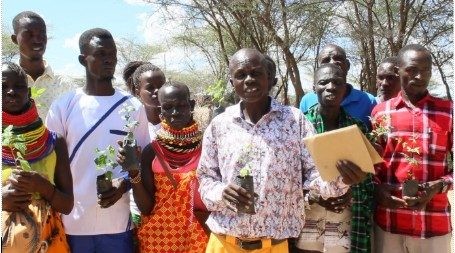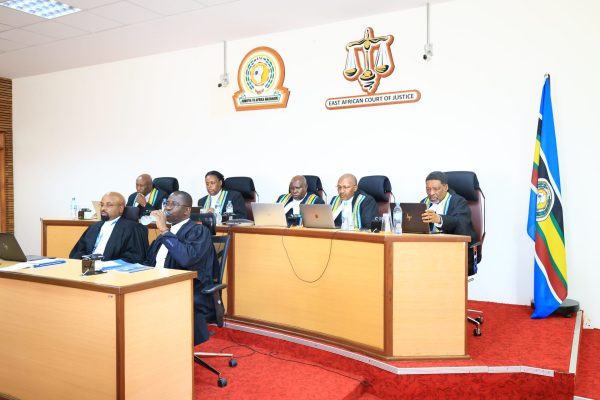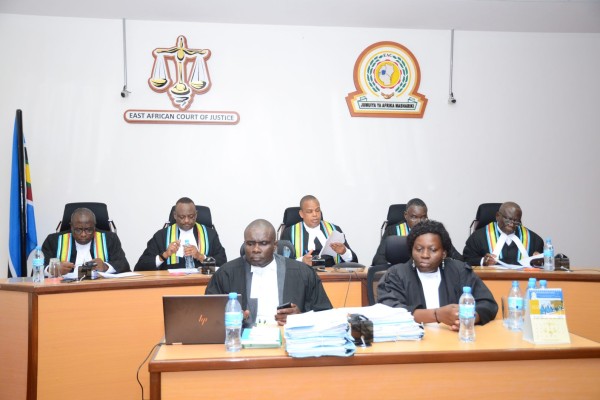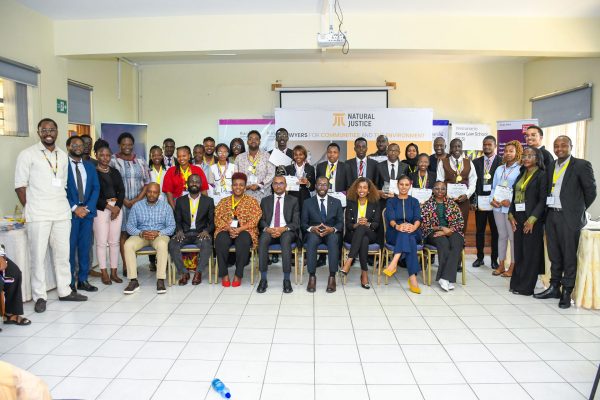 Save Lamu has called upon the National Management Environmental Authority (NEMA) to refuse the issuance of an Environmental and Social Impact Assessment (ESIA) License for a proposed Lamu Port, which environmentalists say will destroy delicate marine life and choke coral reefs and mangroves. A report by Reuters states that the Kenyan government is spear heading a $25.5 billion project to link landlocked South Sudan and Ethiopia to the Indian Ocean port of Lamu by constructing a major highway, a railway and an oil pipeline, which would take many years. The Kenyan government recently awarded a Chinese firm the first tender for the Lamu Port Project. Save Lamu has criticized the report published by the ESIA, citing lack of proper methodology, poor consultation, and inadequate mitigation plans. Researches acknowledged that the study was carried out in haste, overlooking numerous steps. Among many other concerns, marine surveys were not undertaken due the Ministry of Transport’s financial constraints.
Save Lamu has called upon the National Management Environmental Authority (NEMA) to refuse the issuance of an Environmental and Social Impact Assessment (ESIA) License for a proposed Lamu Port, which environmentalists say will destroy delicate marine life and choke coral reefs and mangroves. A report by Reuters states that the Kenyan government is spear heading a $25.5 billion project to link landlocked South Sudan and Ethiopia to the Indian Ocean port of Lamu by constructing a major highway, a railway and an oil pipeline, which would take many years. The Kenyan government recently awarded a Chinese firm the first tender for the Lamu Port Project. Save Lamu has criticized the report published by the ESIA, citing lack of proper methodology, poor consultation, and inadequate mitigation plans. Researches acknowledged that the study was carried out in haste, overlooking numerous steps. Among many other concerns, marine surveys were not undertaken due the Ministry of Transport’s financial constraints.Lamu Island falls within a UNESCO World Heritage Site. Its ecosystem has worldwide recognition as one of the richest along the coastline of East Africa. Its preservation and protection is a point of national significance, as well as an international concern. Other concerns, besides inadequate research, listed in Save Lamu’s petition to NEMA include inadequate assessment of project alternatives and a lack of comprehensive public consultation which is required under the Kenyan Constitution. Save Lamu’s petition to NEMA is available here.






